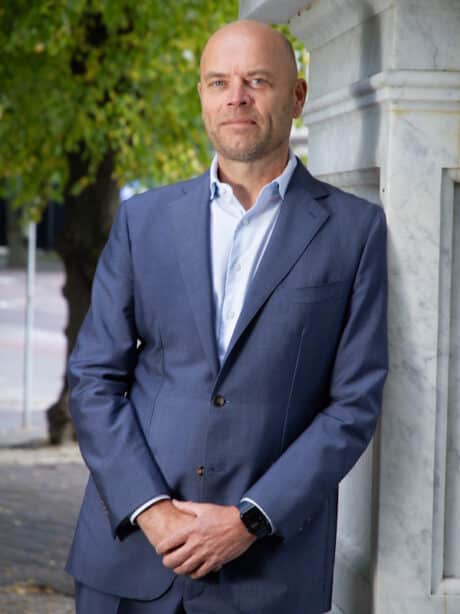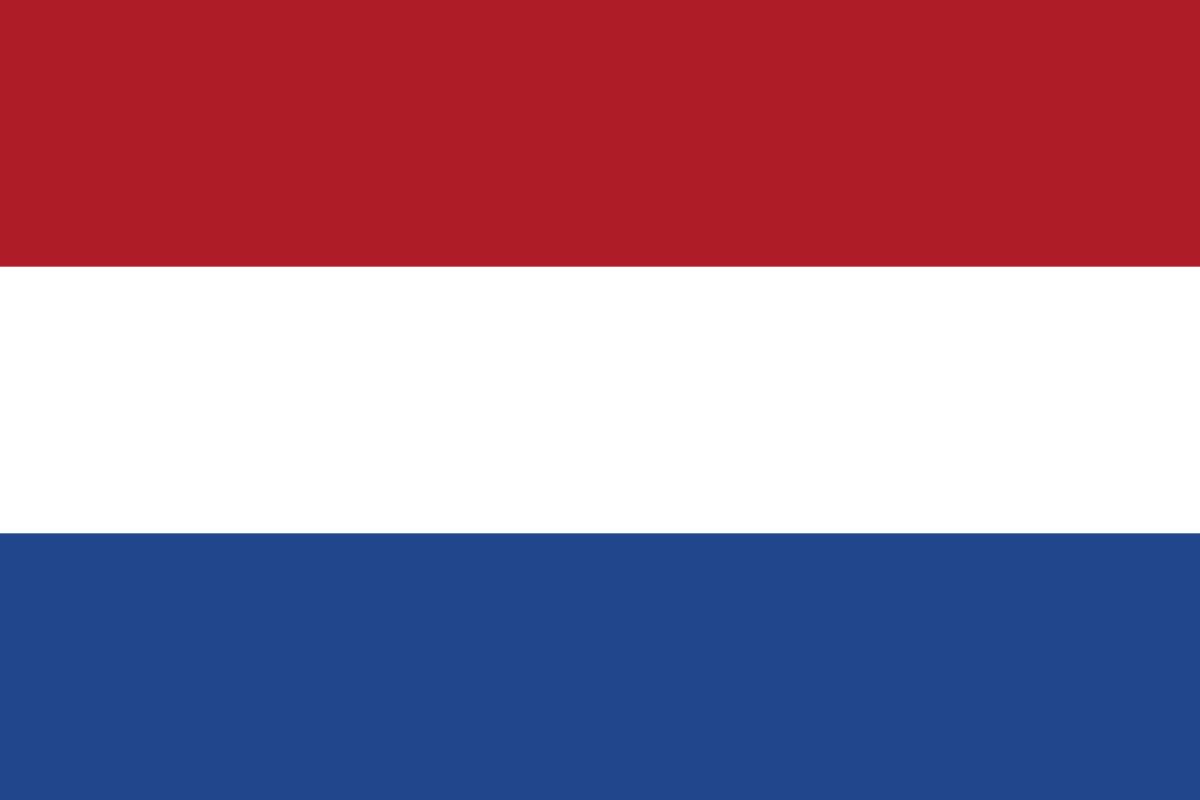About
Mathijs Bouman
Mathijs Bouman is an economist and journalist. He is a regular columnist for Het Financieele Dagblad and an editor/economist for Nieuwsuur. In recent years he has regularly appeared on RTL-Z, De Wereld Draait Door, Jinek, Pauw, EenVandaag, RTL Late Night and other news and current affairs programmes. Mathijs has been involved with the Dutch and international economy for more than thirty years, as a teacher, as a scientist, as a stock market commentator, journalist, writer and columnist.
After obtaining his PhD, Bouman worked as a researcher and lecturer at the UvA, the VU and Leiden University. He then went into journalism, including as deputy editor-in-chief of the business magazine FEM Business an has worked at De Nederlandsche Bank.
He wrote two books: ‘Hollandse Overmoed — Hoe de beste economie van de wereld ontspoorde’ en ‘De Elektrische Spijkerbroek en andere avonturen in de economie’, a book full of infectious stories about the fringes of economic science.
Mathijs Bouman likes to write about economics. But maybe he’d rather talk about it. In a room with people he can look at, who can react and with whom he can discuss.
It is with great pleasure and enthusiasm that I do that, especially because I work from the principle: we determine the subject together and I am responsible for the content. Experience shows that this leads to the best result for both the public and the client.
He likes to speak about current economic topics, innovation, the labor market and successful Dutch companies. About the economic problems, but also about what is going well. He also likes to talk about other economic topics, such as the euro, the stock market, robotization, the problems on the housing market and economically rational climate policy.
In any case, Mathijs brings two ingredients: hard facts and a healthy dose of humour.
I like it best when I can explain my profession, the economy. Nieuwsuur is the perfect stage for this. It is a daily, independent column with a high journalistic standard and I feel at home with it. In the end, I prefer to provide facts and insight than to express all kinds of opinions.
Special Achievements: Mathijs Bouman won Dutch Award ‘Gouden Stier’ for best financial commentator.
2. Flex or fixed: toward a new labor market
It’s a mess in the Dutch labor market. Permanent jobs, temp constructions, payrollers, zero-hours contracts, self-employed workers, it’s all mixed up. Some work in a golden cage of dismissal protection, while others languish from flex contract to flex contract. Employers hardly dare to offer permanent contracts anymore, unions refuse to talk about modernizing the labor market and the government tries a lot, but gets little done. Can this be done better? Yes indeed. In Denmark they approach the fixed-flex dilemma very differently, with great success. Especially now that the economy is picking up and vacancies are already harder to fill, the Netherlands should learn the Danish lessons. Mathijs Bouman on the future of the labor market and the choices we have to make now.
3. Why the Netherlands is the best country in the world
That the Netherlands often scores nicely in international rankings is well known. But where does the Netherlands rank when we add up the most important lists? In second place, just behind Switzerland, but over four countries like Norway, Germany, Japan and the United States. Why are we doing so well? An inspiring lecture about the primeval strengths of the Netherlands. And also about our weaknesses. Because only if we work on these can we perhaps one day overtake Switzerland.
4. The robot: handy helper or job killer?
Will it be mass unemployment or idleness? Predictions about a future with robots in the workplace vary widely. Who will be right is not so much a technical question as an economic one. How will this revolutionary technological innovation affect the economy and our work? For the answer, we must not only peer into the future, but also look to the past. A lecture on robots and unique figures on the robotization of the Netherlands. But also about the saw mill on the Zaanse Schans, Robinson Crusoe and Boer zoekt Vrouw. Oh yes, Mathijs Bouman will bring his two own robots as well.
5. The Economics of Ethics and Morality
Foul-mouthed bankers, tampering automakers, sharp-tailed accountants and money-hungry drug companies and politicians without a moral compass. In such a world, do ethics still have value? Well it certainly does! And economists know that value. Because it is precisely honesty and rectitude that make an economy run smoothly. Therefore in this – interactive – lecture a plea for ethical action by everyone in business, without the moralistic talk. Mathijs Bouman will try to convince you using ancient economists, state-of-the-art game theory and an experiment with real money. Maybe you will go home with 50 euros? Fairly won. Or still unfair?
6. Long live the region! The economy of your region
In the big city, that’s where it happens. In the Randstad you have to be. But the Netherlands is bigger than Amsterdam and Rotterdam And above all: much more interesting. Mathijs Bouman likes to talk about the Dutch economy, but also about the economy of your region. By comparing the two, we gain insight into the strengths and weaknesses of the regional economy and local businesses. How are things in Drenthe, the Achterhoek, Walcheren or Hoeksche Waard? And how is your region doing?
7. Bitcoin bubble? We've seen that before!
Tech gurus see bitcoin as the currency of the future. Speculators are firmly anticipating this, driving the price to unprecedented heights. Anyone who dares to call it a bubble is dismissed as a pessimist who is missing the investment opportunity of the century. High time for a sober, economic view. Is bitcoin really that useful as a means of payment? Are the advantages (anonymous, decentralized, international) perhaps also disadvantages? And don’t cryptocurrency investors look suspiciously like the speculators during Amsterdam’s wind trade in 1720? Anyone who wants to understand the role of bitcoin in the modern economy must first understand what money is, how it is created and used, and why the central bank exists. Mathijs Bouman is happy to take you on a monetary journey through the past and present of the financial bubble.


 © Walter Kallenbach
© Walter Kallenbach





